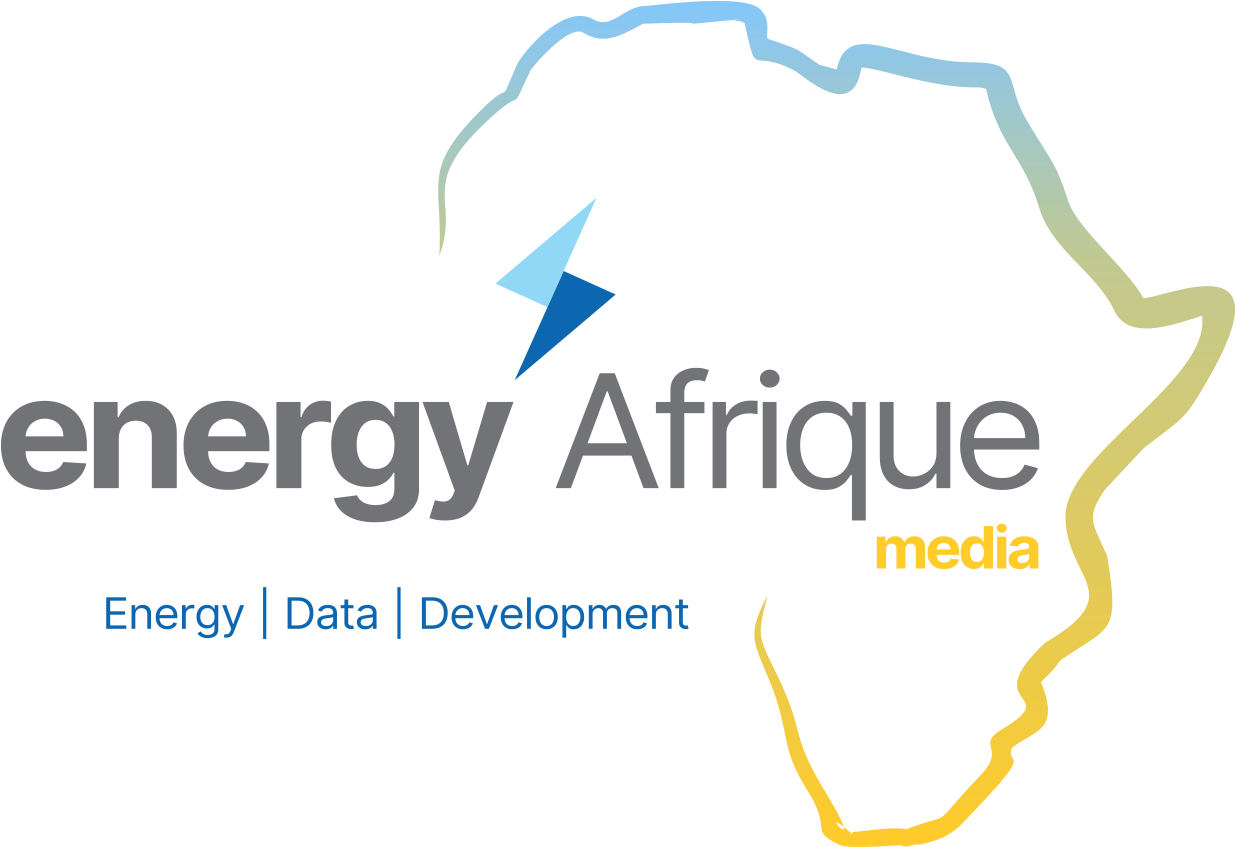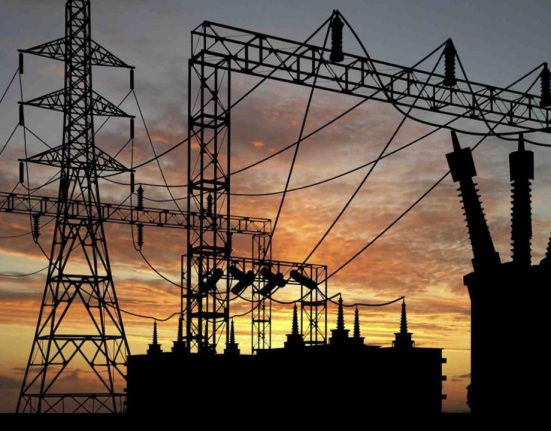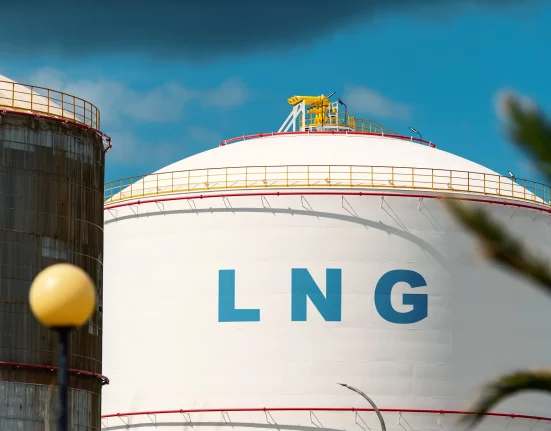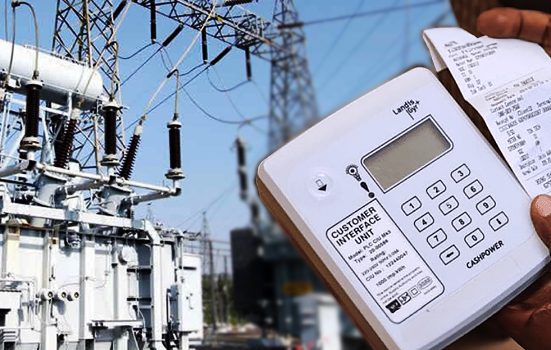In Africa, access to reliable electricity is a fundamental driver of economic progress and societal development. The International Energy Agency (IEA) stressed that electricity access extends beyond mere provision, encompassing consistent usage and increasing thresholds over time, particularly in urban and rural settings.
Here are the top 10 African countries with good electricity access as reported by Business Day:
1. Mauritius: With nearly 100 per cent of its population having access to electricity, Mauritius leads in electricity access in Africa. It made significant investments in renewable energy sources like solar and wind, reducing dependence on fossil fuels and ensuring sustainable power supply.
2. Egypt: Egypt boasts nationwide electricity access, with 100 per cent coverage for both rural and urban areas. The country is emerging as a renewable energy hub, leveraging thermal and hydroelectric plants to meet its energy demands and exploring avenues for exporting excess electricity.
Coup: Nigeria Restores Electricity to Niger Republic
Will Nigerians Pay More for Electricity or Get More Electricity?
3. Morocco: Achieving full electricity access for its rural and urban populations, Morocco is a frontrunner in Africa. It is committed to expanding renewable energy sources, targeting 52 per cent from solar and wind power by 2030.
4. Tunisia: Tunisia ensures 100 per cent national power availability, catering to both rural and urban areas. The country primarily relies on natural gas for electricity generation and aims to enhance its renewable energy capacity to 30 per cent by 2023.
5. Algeria: With an impressive 99.8 per cent national electricity availability, Algeria is among Africa’s most electrified nations. The majority of its energy comes from natural gas, supplemented by hydropower, wind, solar, and oil.
6. Gabon: Enjoying a power access rate of 91.6 percent, Gabon is making strides in electri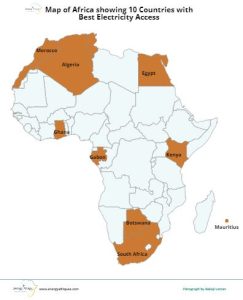 city provision. The nation is focused on a sustainable energy mix comprising biomass, natural gas, and hydropower to reduce reliance on fossil fuels and expand rural electrification.
city provision. The nation is focused on a sustainable energy mix comprising biomass, natural gas, and hydropower to reduce reliance on fossil fuels and expand rural electrification.
7. Ghana: Ghana’s energy mix includes gas, thermal, and hydropower, contributing to an electricity access rate of 85.9 percent. The country aims to enhance access through diversification and expansion of renewable energy sources.
8. South Africa: Despite coal dominance in its energy sector, South Africa has achieved an overall electricity access rate of 84.4 percent. The nation is transitioning towards renewable energy to reduce coal dependency and improve access, especially in rural areas.
9. Botswana: With an overall access rate of 72 percent, Botswana is harnessing wind and solar resources to achieve 100 percent electricity access by 2030. Efforts are underway to bridge the gap between urban and rural electrification.
10. Kenya: Kenya leads in East Africa with a national electricity access rate of 71.4 percent. The country’s energy mix includes hydropower, geothermal, wind, solar, and biomass, contributing to improved access in both urban and rural regions.
